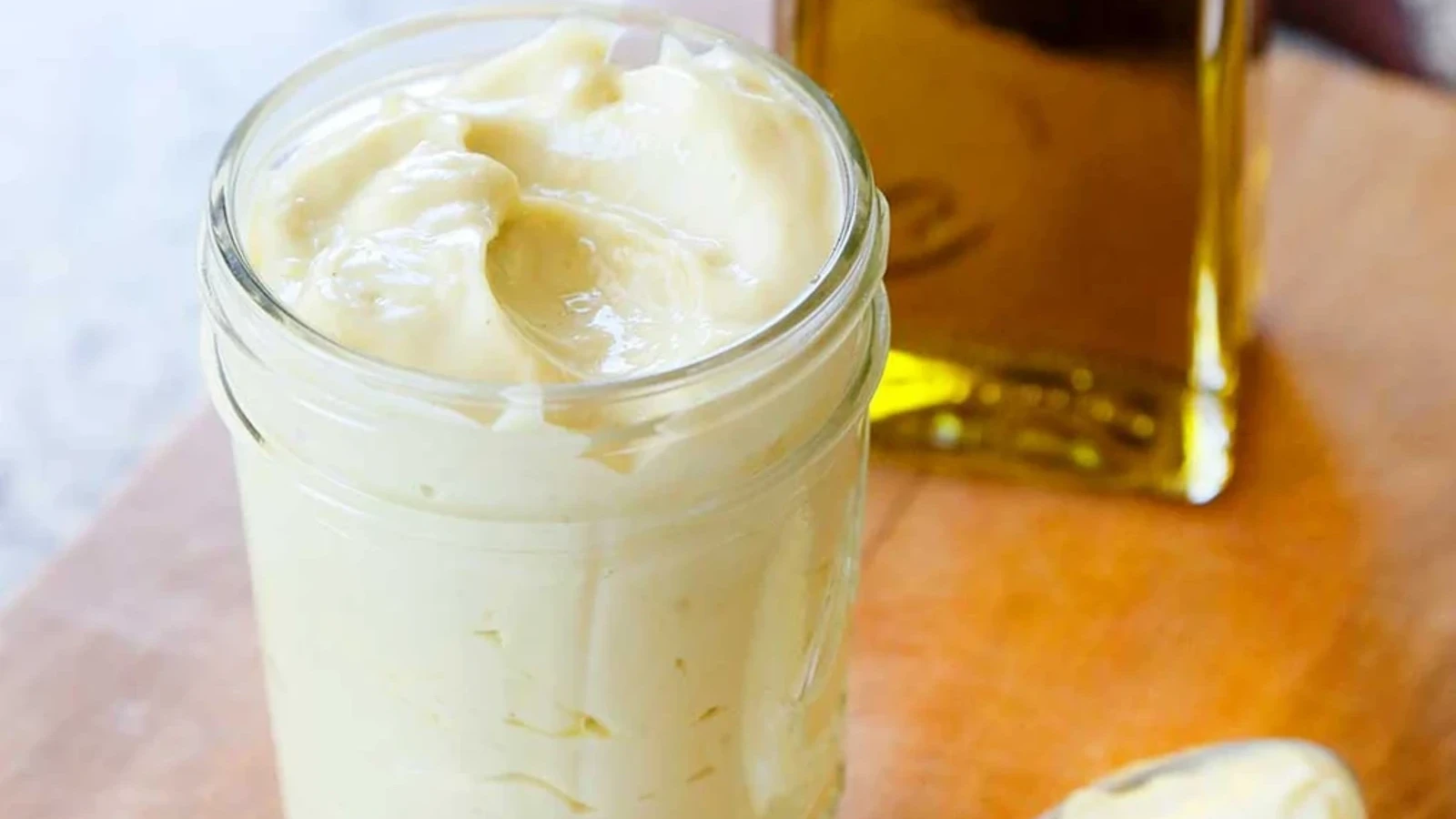Why is Raw Egg in Mayonnaise Safe for Your Barbecue Meals?
Written By James Morgan
When you dive into the world of homemade mayonnaise, the presence of raw eggs might raise a few eyebrows, especially among the health-conscious barbecue enthusiasts. Perhaps you have found yourself asking, 'why is raw egg in mayonnaise safe'? This question is not just a culinary curiosity but an essential aspect of cooking for those who love grilling and barbecuing.
Understanding the safety of raw eggs in mayonnaise can enhance your cooking skills and allow you to experiment with delicious recipes without fear. In this article, well explore the science behind mayonnaise, why raw eggs are used, and what precautions you should take. Lets dig in!

The World of Mayonnaise: A Quick Overview
Mayonnaise is an emulsion of egg yolk, oil, and an acid like vinegar or lemon juice. It acts as a fantastic condiment for various dishes, especially on grilled items. While many store-bought options exist, the art of making homemade mayonnaise is satisfying and delicious.
1. What Makes Raw Eggs Safe?
Raw eggs can be a part of numerous culinary traditions, including mayonnaise. The key to understanding why using them is considered safe lies in a few factors:
- Pasteurized Eggs: Using pasteurized eggs significantly reduces the risks posed by salmonella. Pasteurized eggs are gently heated to a point that kills harmful bacteria without cooking the egg.
- Freshness: The fresher the egg, the safer it is to consume raw. Always source eggs from reputable suppliers or local farms.
- Acidic Environment: The addition of vinegar or lemon juice creates an acidic environment that further inhibits bacterial growth.
2. Understanding the Risk Factors
Despite the outlined safety measures, it is essential to acknowledge the risks associated with consuming raw eggs. Certain groups, including pregnant individuals, young children, and those with weakened immune systems, should avoid raw eggs altogether. Knowing your audience at a barbecue is keyinviting those who enjoy adventurous eating can encourage more robust recipes. If you're interested in heart-healthy ingredients, check out this heart-healthy diet guide.

3. Homemade Mayonnaise Recipes for Barbecue Enthusiasts
Creating your own mayonnaise can elevate your barbecue dishes. Here are a couple of delicious and simple recipes:
Classic Homemade Mayonnaise
- Ingredients: 1 egg yolk, 1 tablespoon mustard, 1 tablespoon vinegar, 1 cup oil (light olive or canola), salt, and pepper.
- Instructions: Combine egg yolk, mustard, and vinegar in a bowl. Gradually whisk in the oil until thick and creamy. Season to taste with salt and pepper.
Herbed Mayonnaise
- Ingredients: Use the classic mayonnaise recipe and add a handful of finely chopped herbs like basil or dill.
- Instructions: Follow the classic method, stirring in the herbs for added flavor.
These homemade mayonnaises can truly enhance your grilling experience! You can also blend mayonnaise into your tuna salad by checking this tuna salad recipe.

4. Common Myths About Raw Eggs in Mayonnaise
Misconceptions often surround the topic of raw eggs in foods like mayonnaise. Here are the most common myths debunked for your peace of mind:
- Cooking Kills Nutrients: While cooking can destroy some nutrients, raw eggs also offer numerous health benefits, including high-quality protein and essential fatty acids.
- Only Store-Bought is Safe: Homemade mayonnaise can be just as safe if made with quality ingredients. Knowing how to make it not only enhances your knowledge but can make your barbecues more impressive.
- Salmonella is Inevitable: Taking precautions with egg selection and preparation techniques greatly minimizes the risk.
5. Mayonnaise on the Grill: New Flavor Expeditions
Mayonnaise is not only delicious when spread on sandwiches but is also a fabulous addition to grilled dishes. Many barbecue enthusiasts are surprised by the versatility of mayonnaise. For instance, you can use it to baste your fish or to create a creamy dressing for grilled vegetables.
Additionally, baking mayonnaise into other recipes, such as salmon, can create a rich, flavorful dish. Mayonnaise enhances moisture and flavor, which can be especially beneficial when cooking lean meats.

6. FAQs About Raw Egg and Mayonnaise
Is it safe to use raw eggs in homemade mayonnaise?
Yes, it's safe if you use pasteurized eggs or ensure your eggs are fresh and sourced from a reliable point.
Can I make mayonnaise without raw eggs?
Absolutely! You can use alternatives such as aquafaba or store-bought mayonnaise if you prefer to avoid raw eggs.
How long does homemade mayonnaise last?
Homemade mayonnaise can last about one week when stored in an airtight container in the refrigerator.
Advanced Tips for Barbecue Enthusiasts Using Mayonnaise
To maximize your use of mayonnaise at barbecues, here are some additional tips:
- Flavor Boost: Incorporate spices and herbs into your mayonnaise for an enhanced flavor profile.
- Using as a Marinade: Use mayonnaise as a marinade for meat. The oil content can keep proteins tender while adding flavor.
- Texture Improvement: Adding mayonnaise to mashed potatoes creates a creamy texture that delights the palate. Check this article on mashed potatoes.
As a barbecue enthusiast, embracing the art of mayonnaise not only enriches your cooking repertoire but also impresses your friends at the grill. Worming through the myths around raw eggs can lead you to discover more flavors and textures that elevate your meals.
Whether you're grilling for a crowd or preparing a simple dinner, understanding why raw egg in mayonnaise is safe can prepare you to make informed and delicious choices for your next barbecue adventure!
As an Amazon Associate, I earn from qualifying purchases.



